Welcome Tomodachi, to the ultimate guide on solo female travel in Japan. The Land of the Rising Sun has captivated many people throughout the years for its unique culture, entertainment, and whacky trends.
This guide will highlight the dos and don’ts of solo female travel in Japan. You’ll learn the best places to go, what to do, how to keep yourself safe, and what to expect.
Why should you listen to me? Simple. I lived in Japan for three years and I can speak and understand Japanese pretty well. In addition, I have a pretty good understanding of Japanese culture and society.
This post is designed to provide an insider scoop on what it’s like traveling as a woman in Japan. In my opinion, Japan is one of the best destinations for solo female travel.
Blog Posts You Might Like
- Amazing Books You Need To Read Before Visiting Japan
- The Perfect Four Day Itinerary in Osaka
- The Ultimate Three Day Itinerary in Kyoto
Why Japan is a Great Destination for Solo Female Travelers
As one of the safest countries in the world, it boasts a remarkably low crime rate, making it a great place for women to explore independently. Japanese society is known for being respectful and considerate to those around them.
One of the best things about traveling in Japan is the efficiency and reliability of its public transportation system. The train system, including the famous bullet trains, is extensive and easy to navigate, especially with the help of a JR Pass.
Moreover, Japan’s public spaces and accommodations are clean and well-maintained, adding to the sense of security. Japanese locals are generally very helpful, and even with language barriers, it’s easy to find assistance when needed.
What To Pack For Japan
I highly recommend packing as light as possible so that way when you buy all of your favorite Korean products, there will be room in your suitcase. My favorite travel suitcase brand is Béis. I’m obsessed with their weekender bag, carryon, and checked luggage. Use my code for $15 off your first order and 150 points toward your new account.
Travel Essentials For Solo Female Travel in Japan
- Japan travel adapter – Japan uses the same plugs as the USA which is types A and B.
- Unlocked phone – Book a simcard before you visit Japan and pick it up at Narita Airport.
- USB power strip – This is great for charging multiple electronics at once and saving space.
- World Nomads Travel Insurance – Give yourself peace of mind. They have flexible COVID-19 cancelation plans.
- Toothpaste – Japanese toothpaste sucks. Bring your own from home.
- Important documents – Bring copies of any important medical documents and a copy of your passport. Leave one copy on your fridge just in case.
- Your passport – This should be a given, but please don’t forget it.
- Credit Cards/Debit Cards – Many restaurants, restaurants, and establishments take card.
- Medication – TSA allows you to bring essential medication in your carryon.
Solo Travel in Japan Sim Card
Japan has insanely fast internet… Although they are very stingy for sharing wifi. I do recommend you get a sim card so you can stay connected at all times.
There are 3 major carriers in Japan—Docomo, AU, and Softbank. You can easily book a physical Japan sim card here.
Get An E-Sim Card for Japan
One of the coolest things I discovered in my travels is the beauty of an E-Sim card. Why is it so great? It gets downloaded directly to your phone and is activated immediately. This works best if your phone is unlocked. You can purchase an E-sim card for Japan here.
Get Pocket Wifi
If your phone is locked and you’re unable to switch sim cards out, the next best option is to rent pocket wifi. This is also great if you’re traveling with a friend or have multiple devices to connect. Book your pocket wifi here.
Worried About The Japanese Language Barrier?
A language barrier may seem scary during a solo trip to Japan. These apps and are all things I’ve used and tested myself.
1. Google Translate
This is a free app where you can put in your mother tongue and target language. You can also take photos and Google will translate.
Google Translate for iPhone | Google Translate for Android
2. Japanese Pod 101
Learning some easy travel phrases is a good way to prepare for your oncoming trip to Japan. Check out their free Japanese word of the day guide here.
3. Pocketalk
The Pocketalk is a super cool device as it translates 82 different languages. It even has a text to translate camera. This is great for helping you navigate around Seoul. What I like most is its small enough to fit in your pocket or in your purse. You can buy your Pockettalk here.
4. Time Kettle
The Timekettle is amazing if you’re going for a longer term trip and want to make friends. Each person gets an earbud and through the app the conversation is translated in real time. It’s super nifty and also a great Korean language learning tool. You can buy your Timekettle device here.
World Nomads Travel Insurance
Sadly, COVID-19 is here to stay and now a daily part of life. I recommend booking World Nomads Travel Insurance. With the World Nomads Travel Insurance, you can expect:
- Trip Cancelation – This benefit helps you recover non-refundable, pre-paid trip costs when you have to cancel your trip for a covered reason, including for an unexpected sickness that keeps you from traveling.
- Emergency Medical – The only thing worse than catching COVID-19 is getting infected away from home. If you get sick with COVID-19 or another illness, you can get diagnostic tests to confirm your case and other emergency medical benefits.
- Medical Evacuation – If you’re in an inadequate medical facility, our plans have benefits that can arrange a transfer to a hospital capable of treating your medical needs.
- Trip Interuption – During your travels, you might have to return home early. With trip interruption, you could get reimbursed for a one-way, economy-class ticket home and any pre-paid, unused portions of your trip if you need to change your plans for a covered reason.
- Trip Delay – Even when there isn’t a pandemic, traveling can have its bumps and hiccups. If your travels are delayed at least six hours by a covered event, you can be covered.
How To Travel To Japan
Most travelers choose to fly into Narita which is about 90 minutes away from central Tokyo. While flying into Narita may be the cheaper option, I highly suggest that you fly into Haneda airport as it is much closer to Tokyo.
If you do fly into Narita, I suggest you take the bus. These buses depart from Narita every 15-20 minutes and cost about 2,800 yen or $27. For more information on how to get from Narita Airport to Central Tokyo, click here.
How To Get Around Japan
The best way to use public transport in Japan is a SUICA card. These can be bought at any train station kiosks. The bigger cities are also usually connected by Shinkansen (bullet train).
Another good way to travel around Japan is Google Maps because it works just fine. If you’re planning on visiting multiple cities and destinations, it’s a good idea to invest in the JR Japan Rail Pass.
Always Have Cash
While having an abundance of cash on you in the West may make you squeamish, that’s not the case in Japan. It’s not uncommon for people to have $500 worth of cash in their wallets. Since Japan is a cash is king society, this is seen as a social norm.
Where To Stay in Japan
Choosing the right accommodation is key when planning your solo trip to Japan. The Land of the Rising Sun offers a wide range of options catering to solo female travelers, ensuring both safety and convenience. Look on Booking.com to find accommodations in Japan for your budget and vibe.
Capsule Hotels
Capsule hotels are a unique and budget-friendly accommodation option. These compact sleeping pods provide a private, secure space to rest after a day of exploring.
Many capsule hotels feature women-only floors, offering extra safety and peace of mind. They are typically located in major cities and near train stations, making them a great choice for those who want to stay centrally and save on accommodation costs.
Business Hotels
Business hotels are designed for short stays and offer private rooms with all the necessary amenities, such as free Wi-Fi, en-suite bathrooms, and sometimes breakfast. They are widely available throughout Japan, particularly in big cities, and they are known for their cleanliness, efficiency, and being a very safe place.
Japanese Hostels
Modern hostels in Japan often offer private rooms in addition to dormitory-style lodging. The best hostels are clean, well-maintained, and provide a friendly atmosphere to meet new people and connect with other solo travelers.
Ryokan
If you want to immerse yourself in Japanese culture, consider staying in a ryokan. These traditional Japanese inns offer a unique experience with tatami mat rooms, futon beds, and communal baths.
Many ryokan are located in scenic areas, near hot springs or historic towns, providing a serene and authentic Japanese experience. While they can be more expensive than other accommodation options, the cultural enrichment and hospitality you receive are well worth the price.
Airbnb and Alternative Options
For those who prefer more privacy and the feeling of home, Airbnb offers various accommodations, from private rooms to entire apartments and houses. This option is perfect for those who want to have a home base while exploring Japan at their own pace.
Solo Female Travel in Japan Safety Tips
Traveling solo can be an empowering experience, and Japan is one of the safest places in the world to do it. However, it’s always important to stay vigilant because petty crime still happens. The good news? Japan has a Global Peace Index of 1.47 in 2020.
Women-Only Spaces
Japan offers several women-only options to enhance safety and comfort for female travelers. Some hostels and capsule hotels also have women-only floors or sections.
Many trains have women-only cars during peak hours, providing a secure space for female passengers. This is because there are unfortunately perverts around. I have a blog post here about some of the sexual harassment I endured while in Japan.
Emergency Contacts
The general emergency number in Japan is 110 for police and 119 for fire and ambulance services. Additionally, many major cities have tourist information centers where staff can assist you in case of emergencies or if you need help navigating local services.
Health and Well-being
Make sure you have travel insurance that covers medical expenses. Japan has excellent healthcare facilities, but the costs can be high without insurance. Carry necessary medications with you, along with a copy of your prescriptions.
Japanese Food and Dining
One of the highlights is undoubtedly Japan’s amazing food. The country’s culinary scene is incredibly diverse, offering everything from traditional dishes to modern fusion cuisine.
Japanese Cuisine
Japanese food is renowned for its freshness, variety, and presentation. Definitely try sushi, ramen, or tempura. For dessert try try matcha-flavored treats or mochi. Don’t miss out on trying kaiseki, a traditional multi-course meal that showcases seasonal ingredients and meticulous preparation.
Food Tours in Japan
Another great way to meet new people is by doing food tours. I personally have used Magical Trip Food Tours in Tokyo and I had an amazing time! Below I have some other food tours I recommend in each of the big Japan tourist destinations.
- Hidden Local Bars in Namba Osaka
- Osaka Guided Night Time Food Tour
- Kaiseki Food Experience in Kyoto
- Kyoto Sake and Brewery Tasting Experience
Japanese Restaurants
One of the most unique dining experiences in Japan is Izakayas (Japanese pubs). At these establishments, you can enjoy a variety of small dishes while soaking in the local atmosphere. Make sure to try the nomihoudai (all you can drink) and tabehoudai (all you can eat.)
Solo Diners
Many restaurants cater specifically to solo diners, with counter seating and individual tables. Sushi counters and ramen shops are particularly solo-friendly, offering a chance to watch the chefs at work while savoring your food.
Convenience Stores and Vending Machines
Japan’s convenience stores, known as konbini, are a treasure trove of delicious and affordable food options. These stores are open 24/7 and offer a wide range of items, from bento boxes and onigiri (rice balls) to sandwiches and salads. Additionally, you can get a surprising variety of drinks and snacks from a vending machine.
Dining Etiquette
Avoid sticking your chopsticks upright in your rice, as this resembles a funeral ritual. Slurp your noodles like a vaccuum cleaner because it shows appreciation for the food.
Dining Out on a Budget
Dining in Japan doesn’t have to break the bank. Conveyor belt sushi restaurants, or kaiten-zushi, offer high-quality sushi at reasonable prices. Gyudon (beef bowl) chains like Yoshinoya and Sukiya serve hearty meals for a few hundred yen. Donburi (rice bowls with various toppings) and curry rice are also budget-friendly and widely available.
Exploring Japan as a Solo Female Traveler
Below, I’ve curated my favorite experiences in each location. I lived in Japan for three years and have traveled several times solo. Doing day trips is a great way to get a well-rounded view of Japan.
Tokyo: The Vibrant Metropolis
Tokyo is the place most tourists go and it is the largest city in Japan. It is the most expensive city in Japan, and it is the most popular destination.
My favorite places are Shibuya, Shinjuku, and Harajuku. Say hello to Hachi the loyal Akita outside Shibuya Station. Additionally, I also recommend a group tour to Mount Fuji’s 5th Station.
Check out these top Tokyo attractions:
- Get Spirited Away at the Ghibli Museum
- Go Kart like Super Mario
- Rent a kimono with Yae Kimono Rental
- Watch the Robot Restaurant Show
- Visit Tokyo Tower
Kyoto: The Cultural Heart
Kyoto was Japan’s old capital. It’s a good place to check out UNESCO World Heritage Sites in Japan. Explore the beauty of Japan’s ancient capital by visiting the Golden Pavilion (Kinkaku-ji), the Fushimi Inari Shrine with its thousands of red torii gates, and the serene Arashiyama Bamboo Grove. For a done for you itinerary, check out my Ultimate 3 Day Kyoto Itinerary.
Check out these top Kyoto attractions:
- Become a Maiko (Geisha in Training) For a Day!
- Try a Kyoto Food Walking Tour
- Experience a traditional tea ceremony
- Rent a Kimono in Kyoto
Nara: Where The Deer Play
Located close to Kyoto and Osaka, Nara is a less crowded destination to check out the local culture. Check out my done for you itinerary for the perfect day trip to Nara.
What makes Nara so appealing? It isn’t as overwhelming as Kyoto. In addition, it is home to the famous Nara Deer Park and Todaiji Temple.
Check out these top Nara attractions:
Osaka: The Culinary Capital
Osaka is known as Japan’s kitchen for all the right reasons. Be sure to try local specialties like takoyaki (octopus balls) and okonomiyaki (savory pancakes). Osaka’s Dotonbori district is famous for its neon lights and bustling atmosphere. I also have a Complete 4 Day Itinerary to Osaka, Japan here.
Check out these top Osaka attractions:
Okinawa: The Tropical Paradise
This beautiful island is my former home and has a very special place in my heart. If you’re a nature and ocean lover, you won’t want to miss it. Start here with my Ultimate Guide to Okinawa and Tokashiki Guide.
Check out these top Okinawa attractions:
- Churashima Okinawa Bus Day Tour
- GoPro Custom Okinawa Ocean Tour
- Yomitan Okinawa Day Tour – Zanpa, Southeast Botanical Gardens, Zakimi Castle
Hiroshima
Hiroshima was one of the cities where the atomic bomb was dropped during World War II. While some of the aftermath is visible in the city, it’s a beautiful place to travel. There’s so much history to be and I love how it promotes world peace.
Check out the top attractions in Hiroshima:
Hokkaido: Natural Beauty and Outdoor Activities
Known for its stunning landscapes, hot springs, and ski resorts, Hokkaido offers a great escape from the hustle and bustle of the big cities. The surrounding areas have the cutest small towns. I highly recommend visiting Sapporo for its famous beer, fresh seafood, and annual Sapporo Snow Festival.
Check out these top Hokkaido attractions:
- Shikisai no Oka & Furano & Biel Blue Pond Day Tour
- Summer in Hokkaido Day Tour
- Hokkaido Toyako Firewords Tour
Tips for Solo Travel in Japan
Take my advice on how to solo travel in Japan as a seasoned traveler to Japan. Had I done more research, then I probably would have saved myself a lot of headaches.
- Observe Japanese etiquette.
- Learn Japanese phrases.
- When in Japan, do as the Japanese do.
- Bring comfortable walking shoes.
- Don’t tip in Japan.
- 7-11 and Japan Post Offices have ATMs.
- Go to designated smoking areas.
- Convenience stores are perfect for solo dining.
- Tattoos can be a problem – In some onsen, you will be turned away if you have visible tattoos.
- Expect everything to be harder – Japanese make it hard on themselves. Foreigners should expect it to be twice as hard.
- Learn how to take the buses – First, get on the bus and take the ticket stub from the stile. There is a small screen with changing numbers. The fare you pay will correspond to the number on your ticket.
- Keep your trash with you – Don’t be an asshole and litter. Take it to the Konbini and throw it away.
- Don’t eat while you walk – The only exceptions to the rule are Japanese festivals and ice cream.
At the end of the day, your travel experience depends completely on you. Japan is a fantastic destination for solo female travellers. If it is your first time on a solo trip, Japan is an amazing country to start.
Japanese people are so kind and their local customs are a great opportunity to push out of your comfort zone. Keep an open mind and I guarantee you’ll make new friends and have the best time!
I’ve said it time and time again, but for your first solo trip, Japan is the perfect place to start! It’s one of the best countries for solo travellers! So what are you waiting for? Now is a great time to pack your bags and grab your passport!

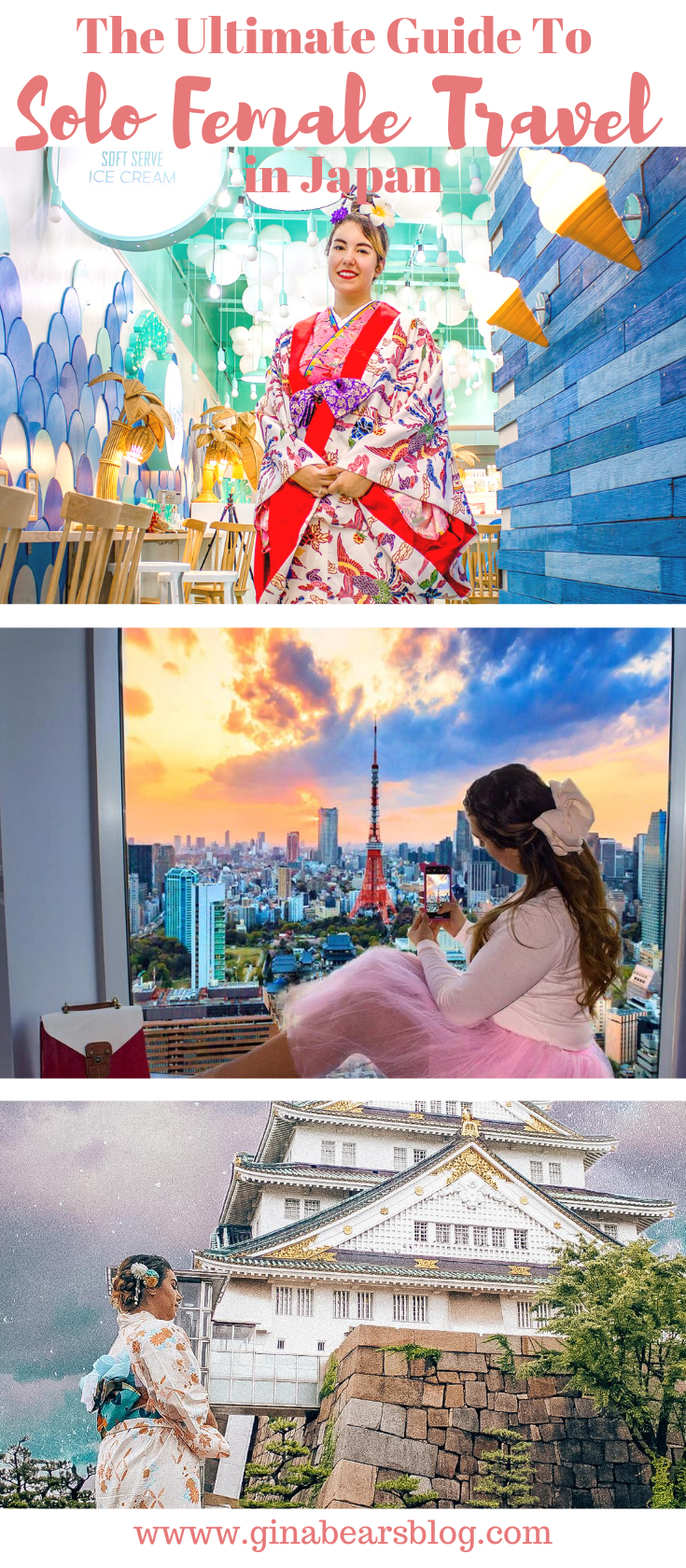
This post contains affiliate links which means at no additional cost to you, I make a small commission to help keep Gina Bear’s Blog running. Thanks for your support!
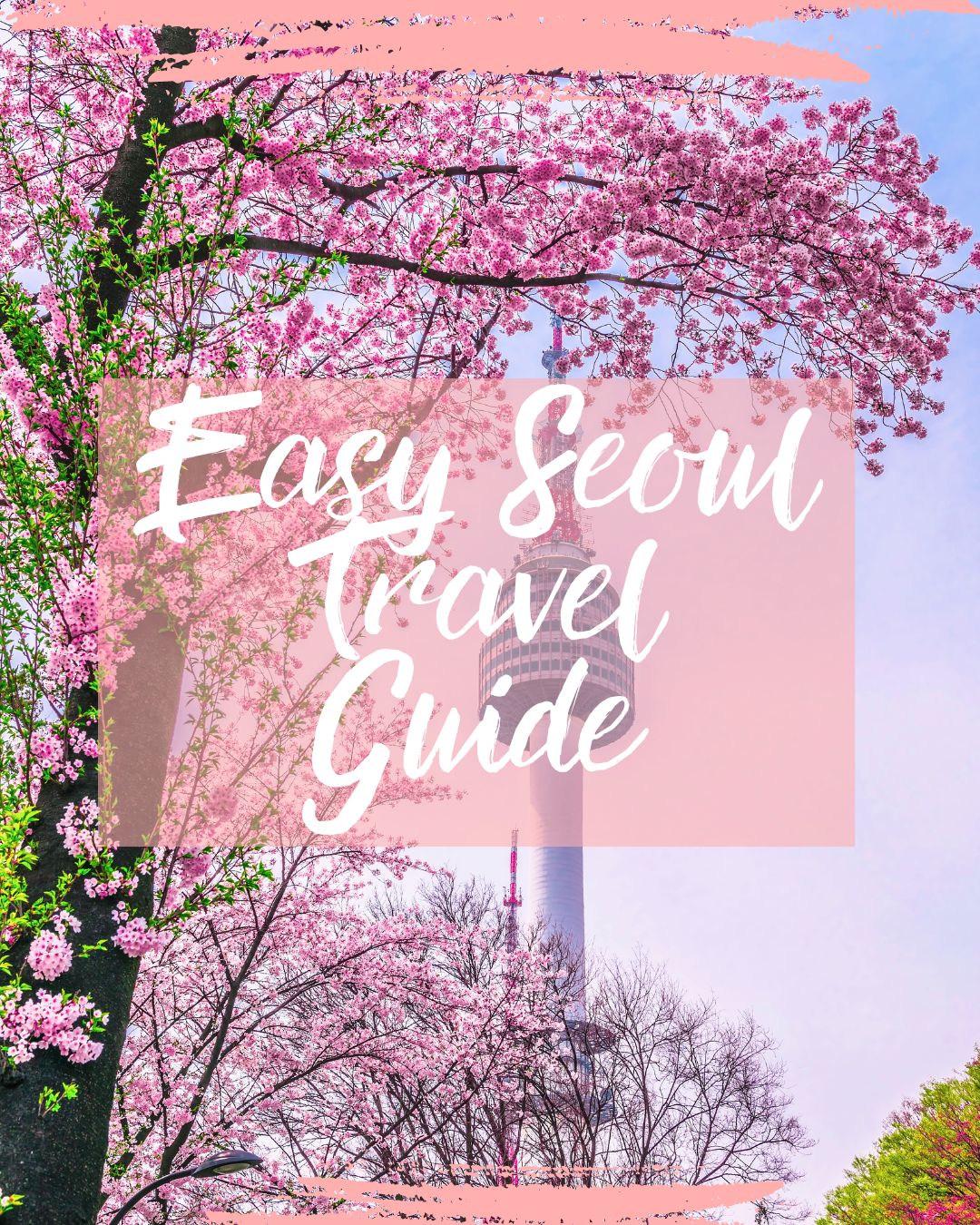
Free Seoul E-Book
Do you love South Korea?
Enter your name and email address and click the button below to receive your Easy Seoul Travel Guide so you can travel like a local!

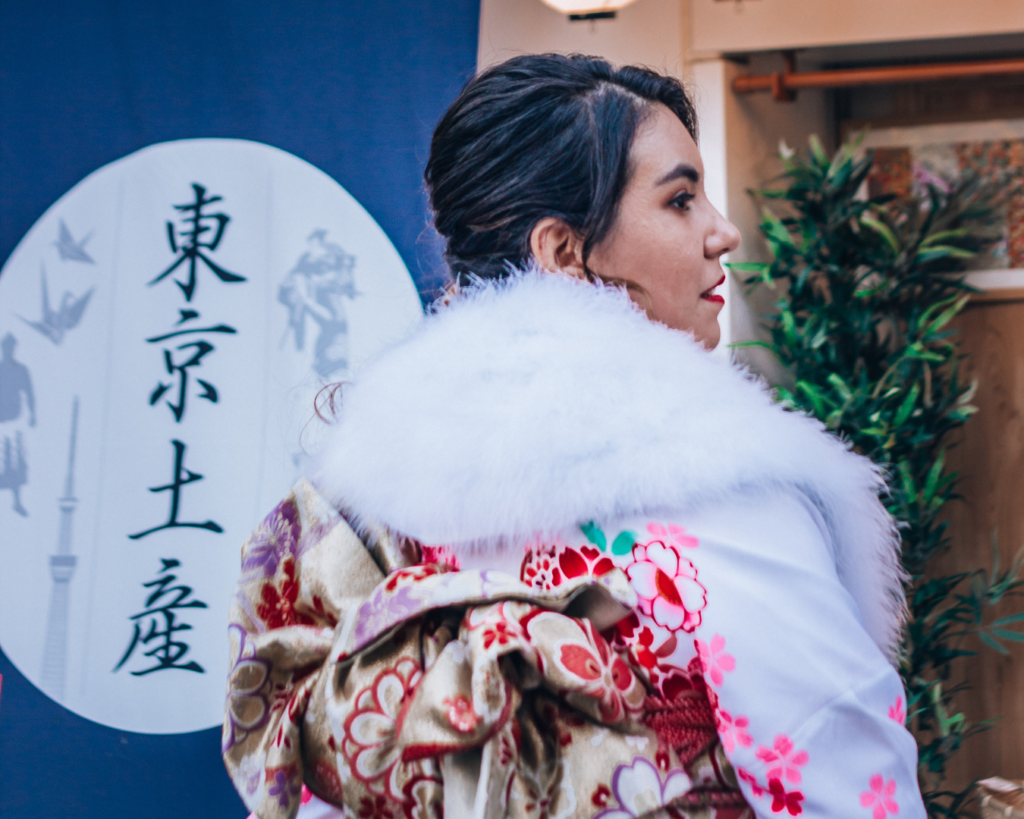
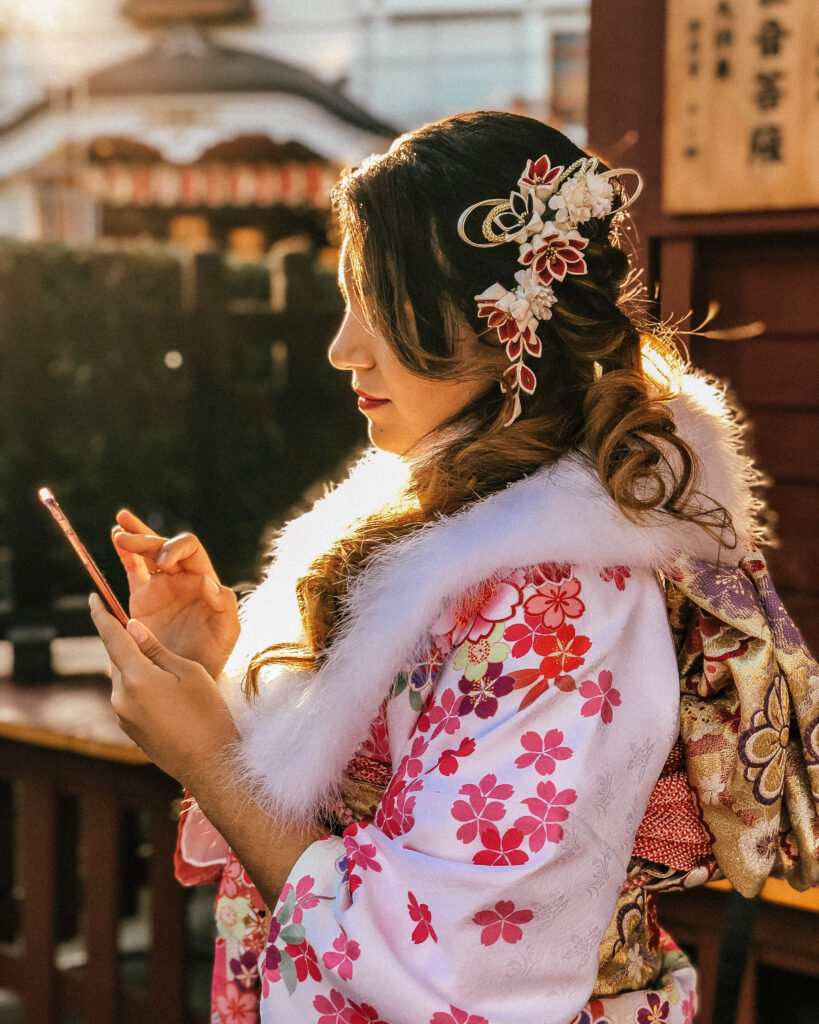
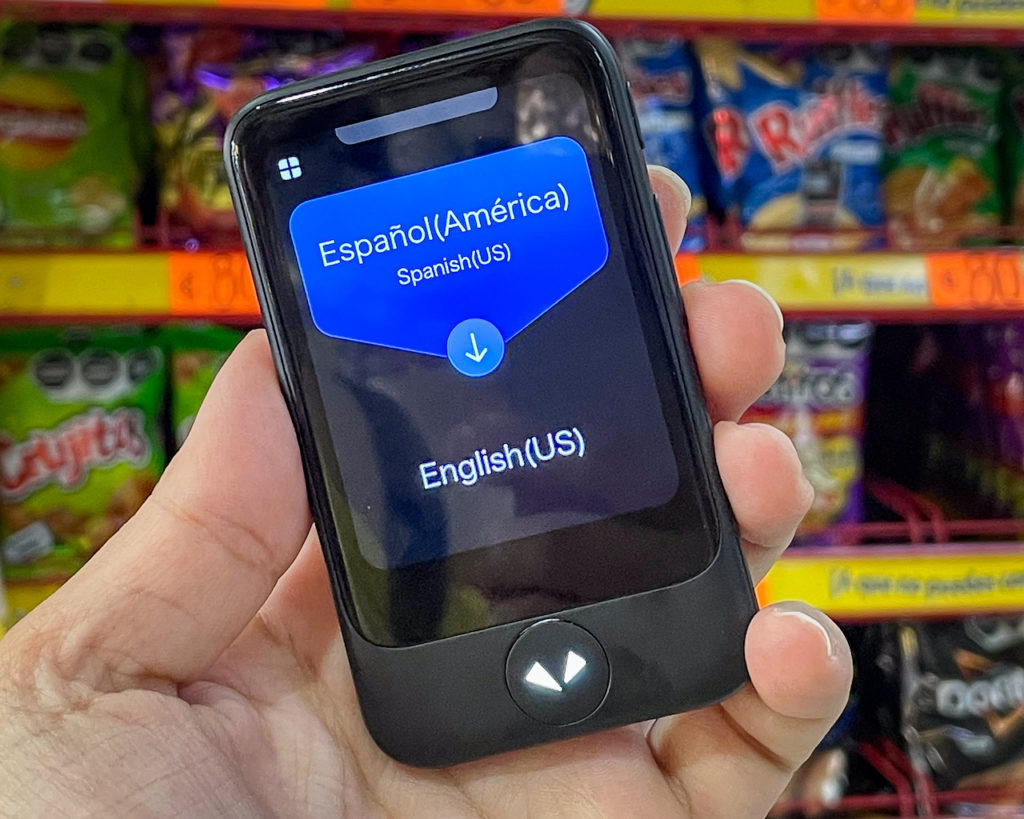
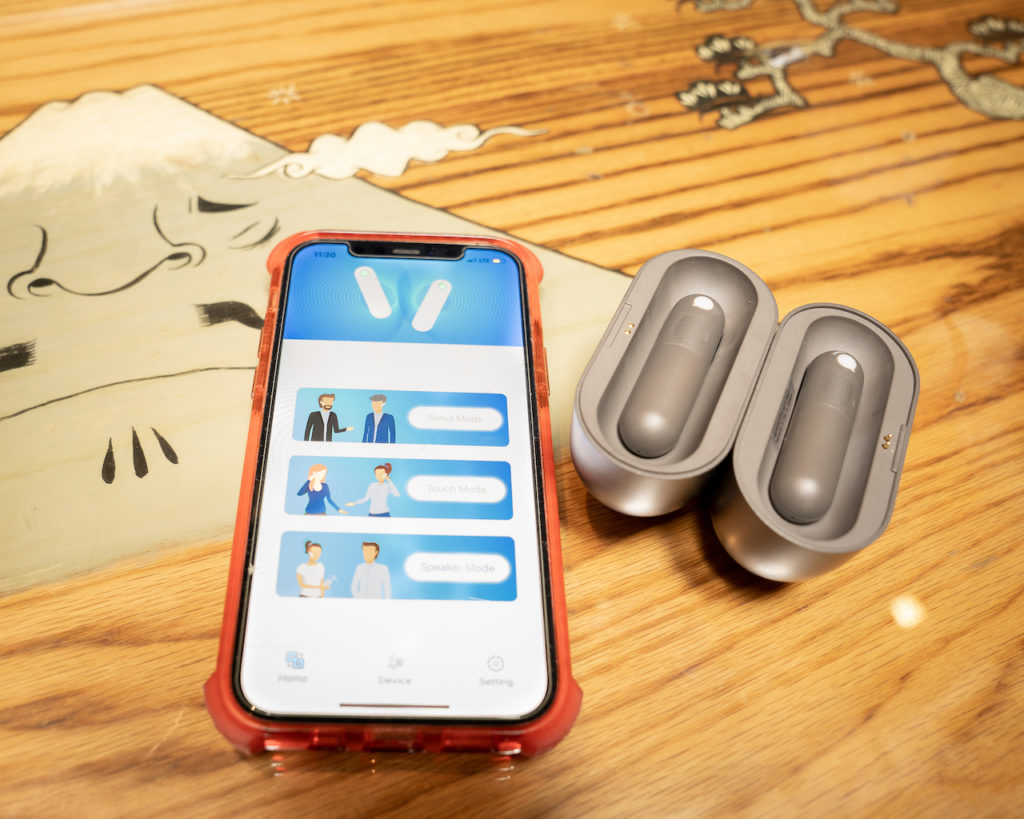

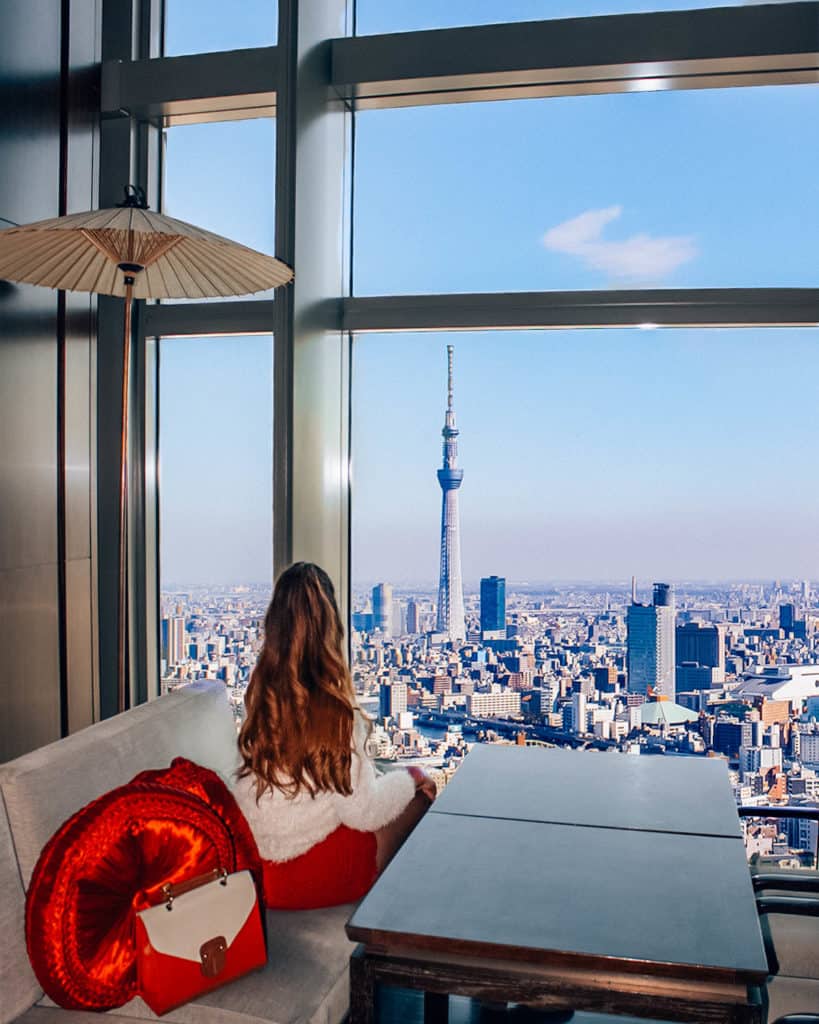
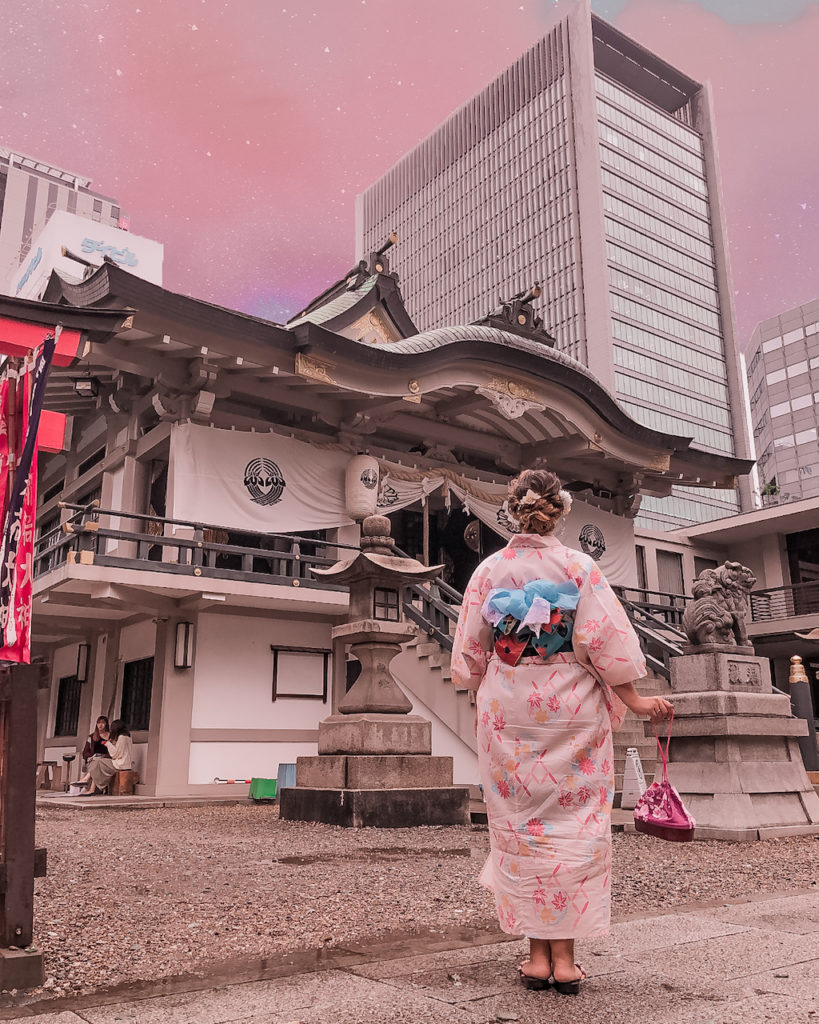
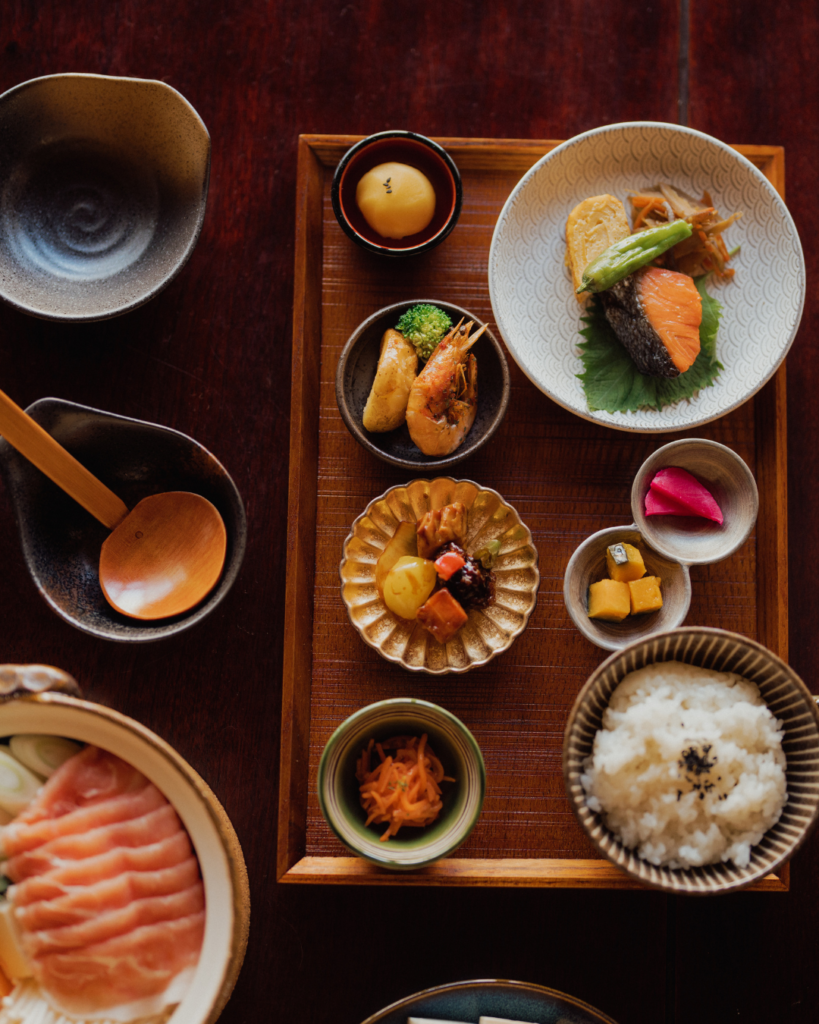
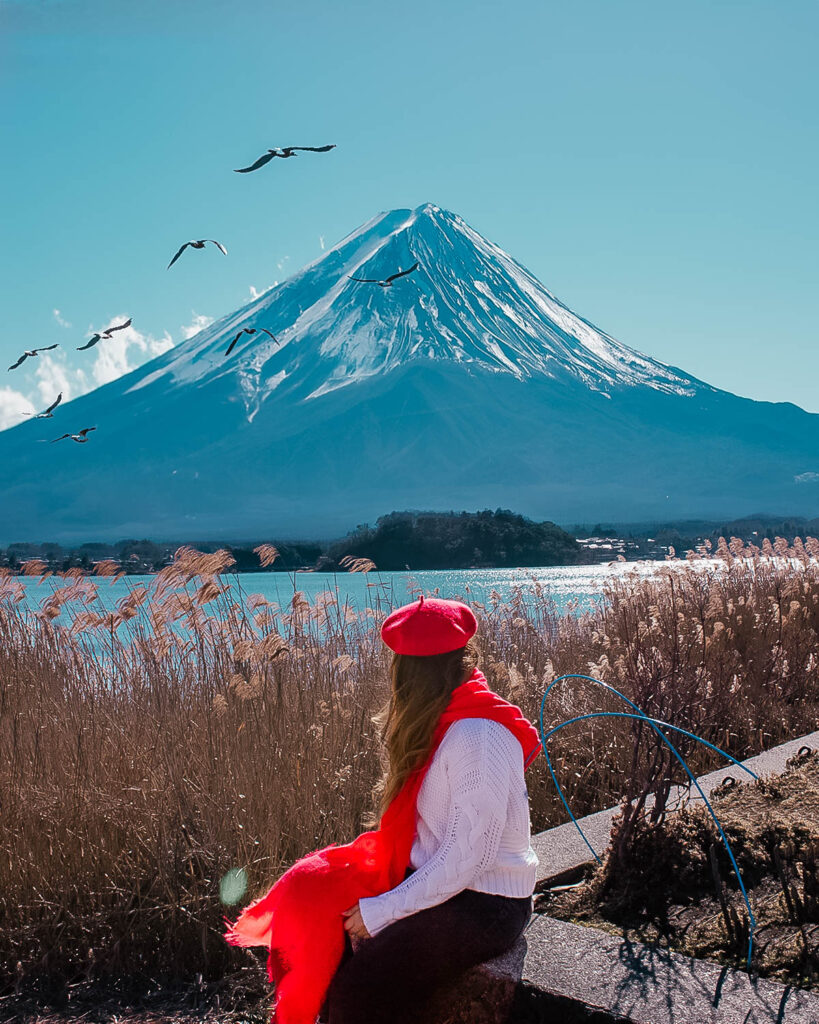
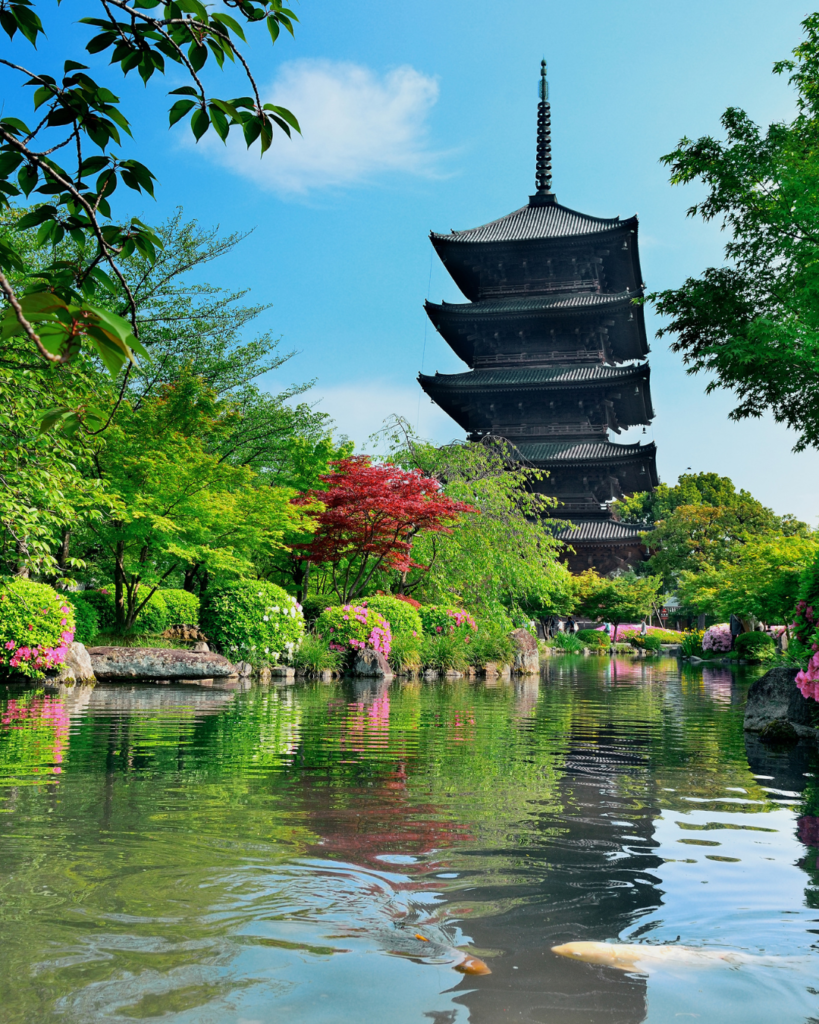
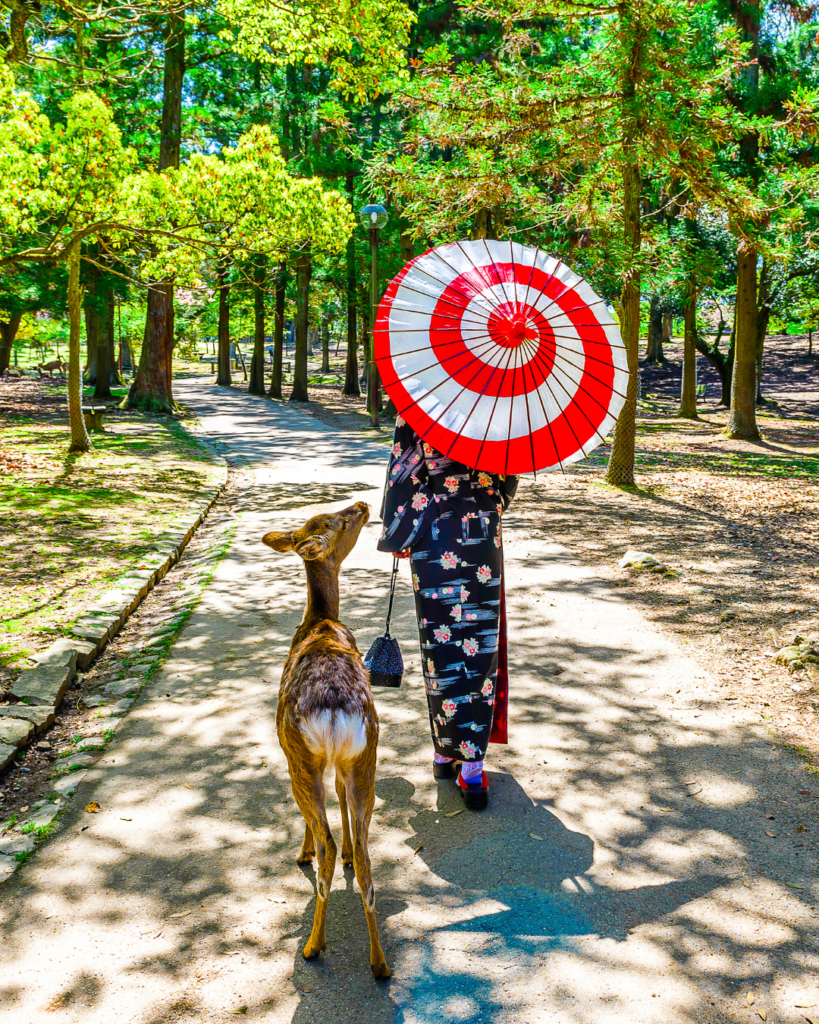
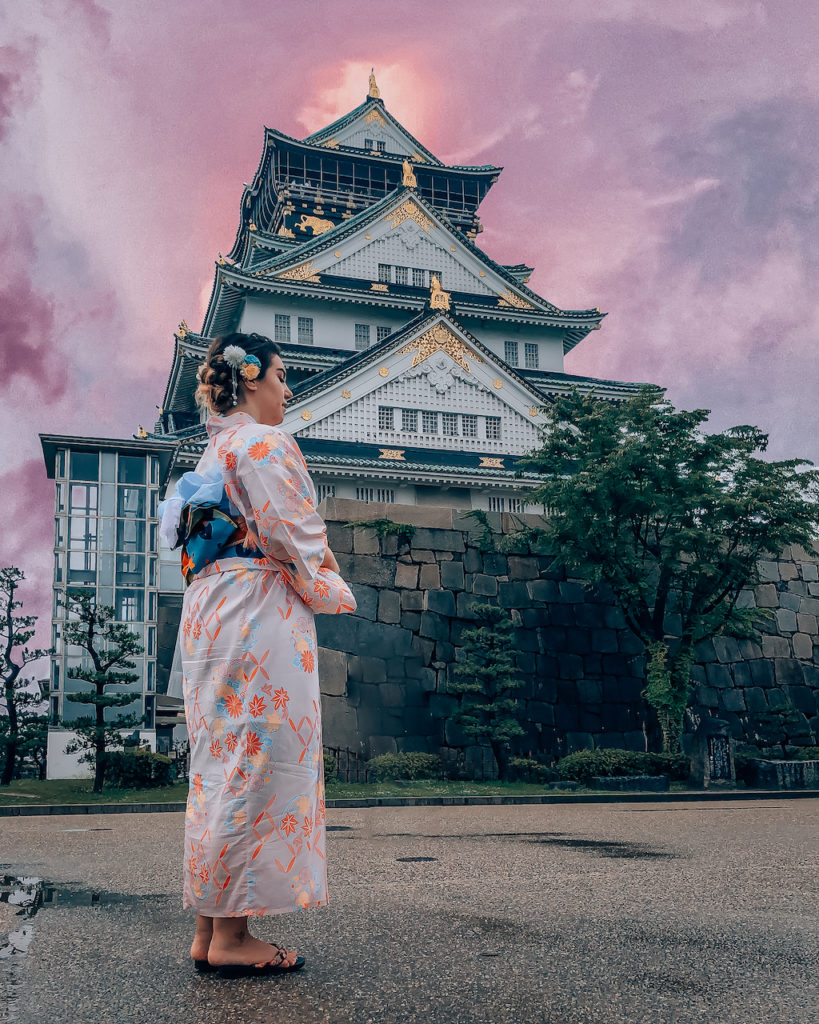
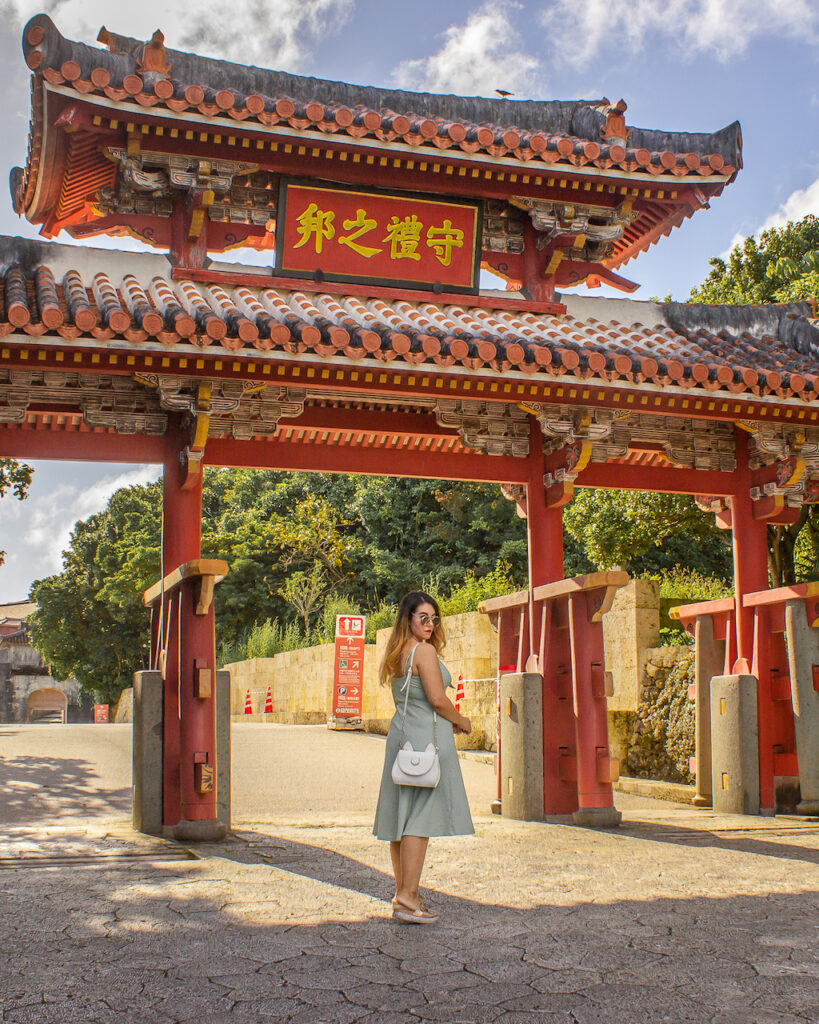
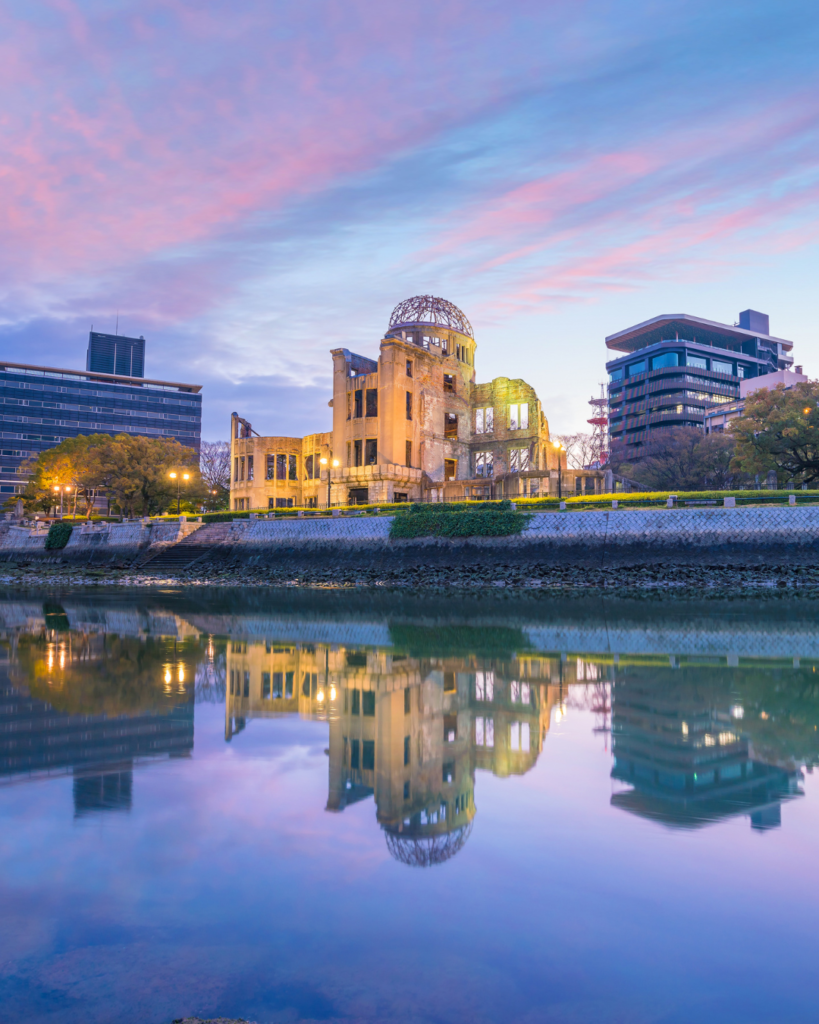
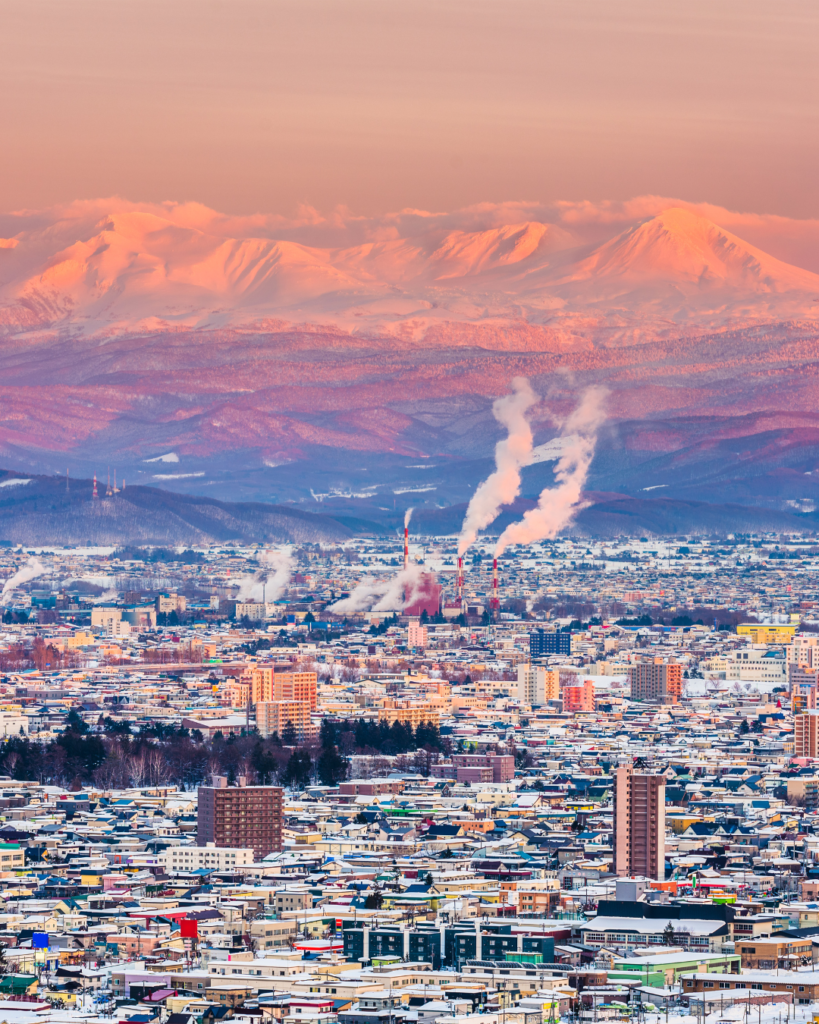



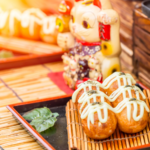



1 Comment on Your Complete Guide To Solo Female Travel in Japan